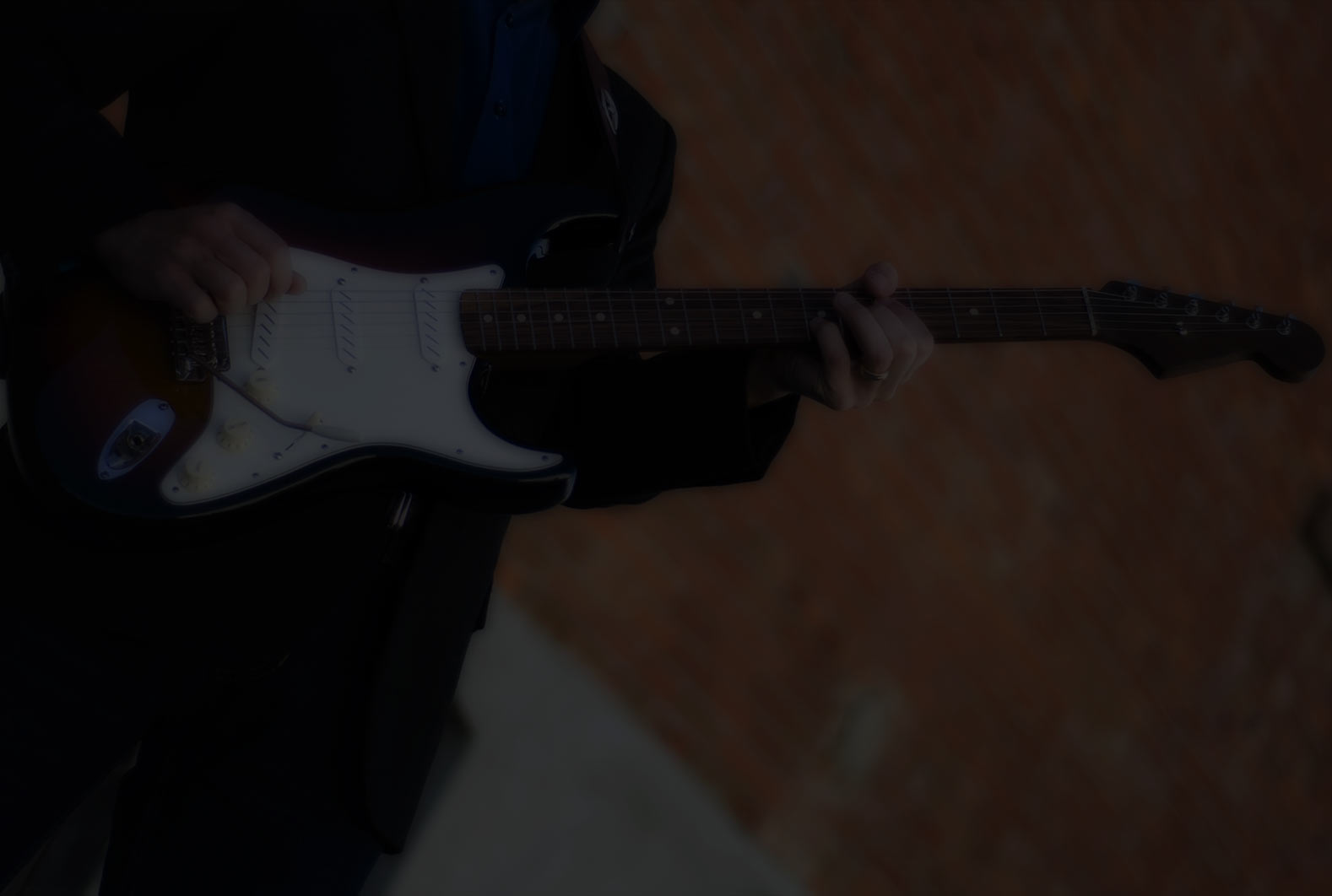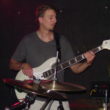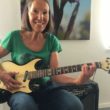David and I have been discussing doing a guitar workshop online. It would be done via Zoom, and we would limit the seats to 40 people. The length would roughly be 1.5 hours of teaching and 30-40 min questions & answers.
What topic would you be most interested in? Please let me know, and try to stick to one topic only. I think it's important to narrow the focus for this. We have a few topic ideas already, but I would like to hear your thoughts first.
Chord tones for soloing. Dig in to transitioning as chords change over a solo.
Some people have asked about chords and chord progressions. Not sure what could be like. Maybe common chord progressions in pop, blues, rock and why they are popular. Maybe how to write chord progressions like them, with a set of different variations and substitutions. That's one idea I came up with just now.
Soloing and improvising is another area, but it's a big one. A very specific topic would be best, such as using the major scale or minor scale for creating melodic solos over common chord progressions.
Keep giving ideas if you can! Thanks guys!
I like Clayton's idea. It is something we could all probably use a lesson on...Will
Could you clarify that sentence, my friend? Transitioning from what to what?
Sure, for example, I am soloing over a 12 bar progression, I want to follow the chord changes with chord tones sprinkled over my solo. What particular chord tones should I hit to mark the transition from one chord change to the next (without sounding like I'm just hitting the chord root at the beginning of the next chord). And of course, how to apply this concept of chord tones over chord changes where the song is something more than a 12 bar pattern.
o as a song progresses through
@clayton, you’ve described precisely what is going through my mind, when I think about the topic « soloing over chord changes ».
You raised both of those important points that affect me personally:
- All I can think of is «hitting the chord root at the beginning of the next chord»
- And I’m completely lost when «the song is something more than a 12 bar pattern».
When it comes to improvising, my big problem is, that I can’t think that far ahead to the chord changes without getting hindered when actually playing over the previous chord. This throws me completely off balance.
Therefore, @robert, I have a request for the workshop, if there is a special excercise technique that would help to better anticipate the chord changes.
Birgit
That would be my take on it as well,Clayton!...
Now think about your knowledge of chords. Can you instantly find all the chords in the area of the neck where you are improvising your solo? If not, how can you possible follow the chord changes? Ponder that for a bit, and consider working on your chords - see my courses on triads -
https://www.masterguitaracademy.com/course/triad-voicings/
https://www.masterguitaracademy.com/course/comping-with-triads/
The comping course is about comping using triad chords, but the those triad shapes should be memorized so that you can instantly find them as you are soloing. They are "magical" chord tones we are all looking for when improvising.
I recommend you use these triad shapes to just follow chord changes of a song you like. Just play the triad once per chord, or play a few notes from it, throughout the song. Get them printed into your brain and fingers. THEN, you can start combining the triad notes with your solo ideas from the pentatonic and blues scale and so on.
Does this make sense to you? Is it helpful, and what else can I do to help you with it? I will do more lesson on it, for sure!
@robert, I just found your video on « Chord tones for I – IV –V » under « Free Lessons ». Your example is a blues in E and you explain how to find the chord tones when you play the blues in one area of the neck (E minor pentatonic box 1). Actually exactly what I need!
I would like to recommend your lesson because it’s easy and great explained, helps me a lot and might also be of interest to other members interested in this topic.
Birgit




